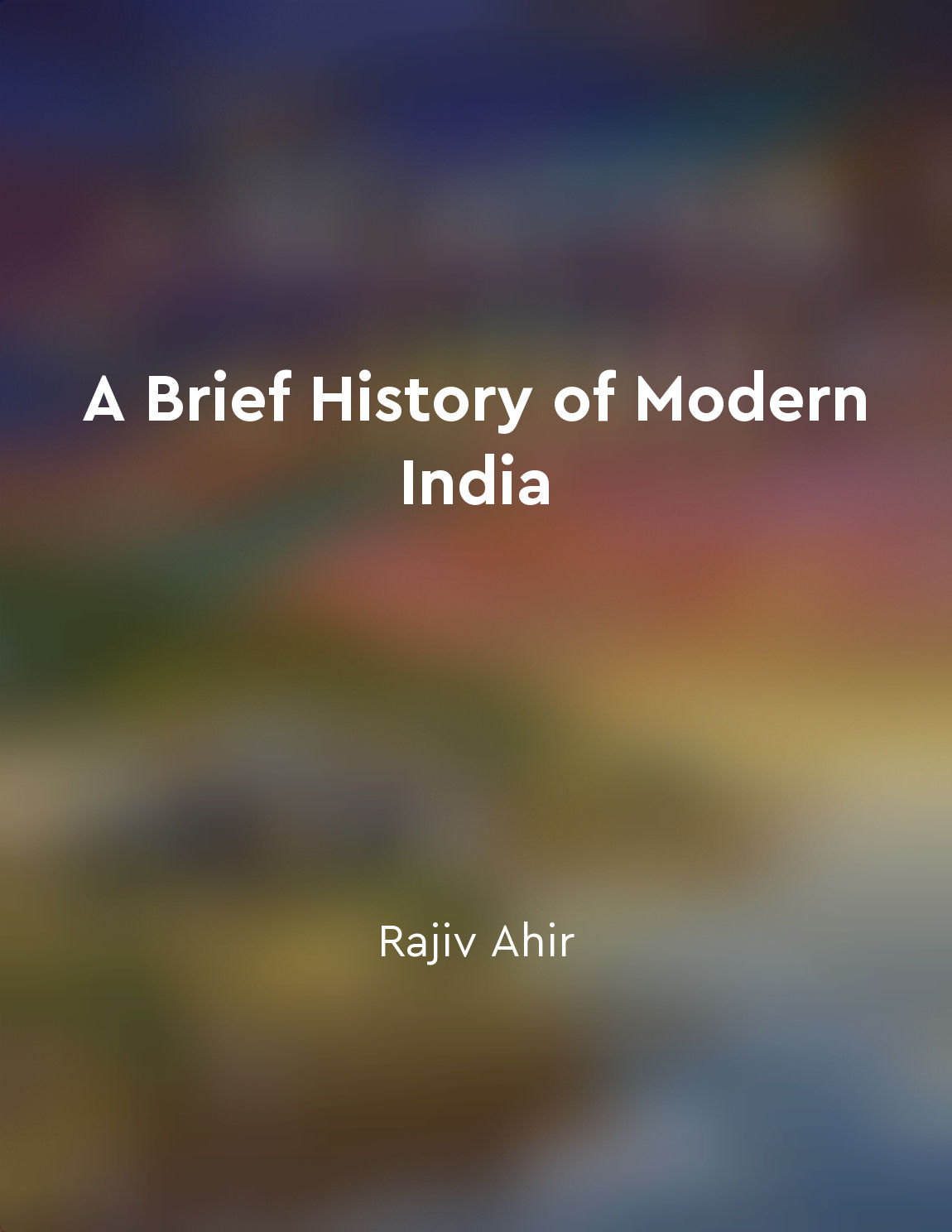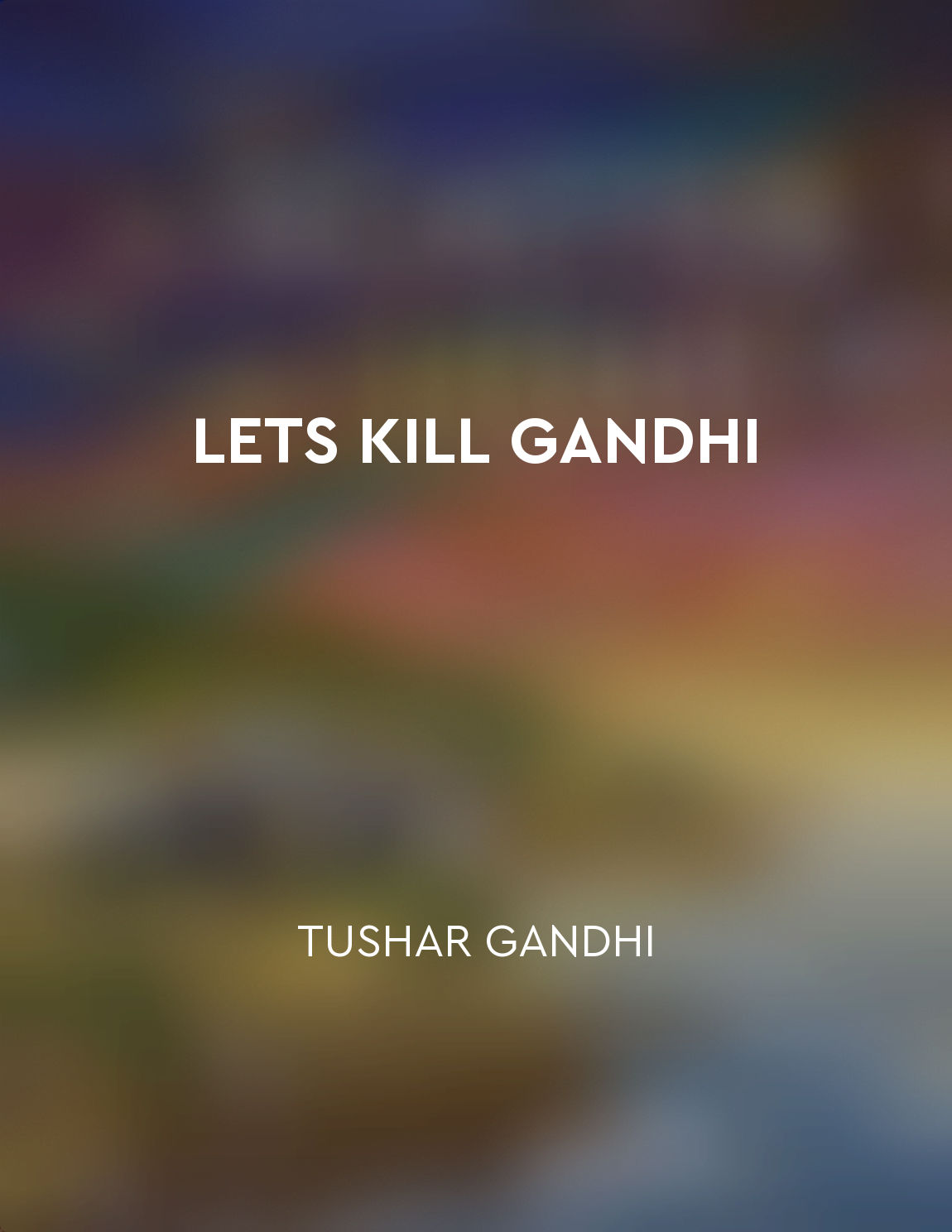Emergence of Indian nationalism from "summary" of A Brief History of Modern India by Rajiv Ahir
The emergence of Indian nationalism was a significant development in the history of modern India. It marked a turning point in the struggle against British colonial rule and laid the foundation for the country's eventual independence. Nationalism in India was a complex and multifaceted phenomenon that arose as a response to various political, social, and economic factors. It was fueled by a sense of cultural pride and a desire for self-determination, as well as by growing discontent with British policies and exploitation. The Indian National Congress played a crucial role in the growth of Indian nationalism. Founded in 1885, the Congress initially served as a platform for educated Indians to voice their grievances and seek reforms within the colonial system. Over time, however, it evolved into a powerful political force that championed the cause of Indian independence. The early nationalist movement in India was characterized by a diversity of approaches and ideologies. While some leaders advocated for peaceful protest and dialogue with the British, others espoused more radical tactics, such as boycotts, strikes, and civil disobedience. Despite their differences, these leaders shared a common goal of ending British rule and establishing a sovereign Indian nation. The partition of Bengal in 1905 was a key event that galvanized Indian nationalism and united people across religious and regional lines. The Swadeshi movement that followed saw Indians boycotting British goods and promoting indigenous industries, fostering a sense of economic self-sufficiency and national pride. The impact of World War I further fueled nationalist sentiments in India. The British government's failure to fulfill its promises of greater self-government and representation for Indians led to widespread disillusionment and a surge in anti-colonial activities. The Montagu-Chelmsford Reforms of 1919, while a step towards limited self-government, fell short of Indian aspirations for complete independence. The Jallianwala Bagh massacre of 1919, in which British troops opened fire on unarmed civilians in Amritsar, further inflamed nationalist sentiments and solidified Indian resolve to break free from colonial rule. The incident sparked widespread outrage and condemnation, both within India and internationally, and served as a rallying cry for the independence movement.Similar Posts
Impact of World War I and II
The impact of World War I and II on India was significant and far-reaching. Both wars brought about major changes in the politi...
Corruption and greed
The British East India Company was a corporation with a singular focus: profit. Its primary concern was not the welfare of the ...

Mumbai terror attacks in 2008
The Mumbai terror attacks in 2008 were a series of coordinated terrorist attacks that took place in Mumbai, India, over a perio...
India's history is complex and multifaceted
India's history is a tapestry woven with threads of diverse cultures, religions, and traditions. It is a story of continuous ch...
Knowledge of Indian freedom fighters is essential
It is crucial to have a deep understanding of the Indian freedom fighters who played a significant role in the country's strugg...

The impact of Gandhi's death on Tushar's family was profound
The news of Gandhi's assassination left Tushar's family in a state of shock and disbelief. The sudden loss of their beloved lea...
